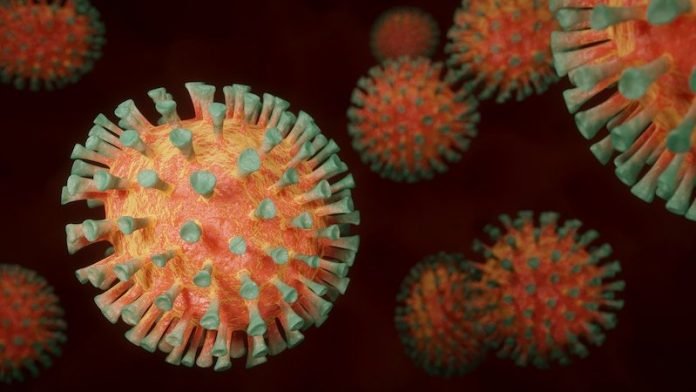
In a new study, researchers reported that they have identified a fully human monoclonal antibody that prevents the SARS-CoV-2 (COVID-19) virus from infecting cells.
The discovery is an initial step towards developing a fully human antibody to treat or prevent respiratory disease COVID-19.
The research was conducted by a team at Utrecht University and elsewhere.
The COVID-19 pandemic has spread rapidly around the globe, infecting more than 3.3M people worldwide and killing more than 235,000 people so far.
This research builds on the work the researchers have done in the past on antibodies targeting the SARS-CoV that emerged in 2002/2003.
Using this collection of SARS-CoV antibodies, they identified an antibody that also neutralizes infection of SARS-CoV-2 in cells.
They say such a neutralizing antibody has the potential to alter the course of infection in the infected host, support virus clearance, or protect an uninfected individual that is exposed to the virus.
The team noted that the antibody binds to a domain that is conserved in both SARS-CoV and SARS-CoV-2, explaining its ability to neutralize both viruses.
This discovery provides a strong foundation for additional research to characterize this antibody and begin development as a potential COVID-19 treatment.
The antibody used in this work is ‘fully human,” allowing development to proceed more rapidly and reducing the potential for immune-related side effects.
Conventional therapeutic antibodies are first developed in other species and then must undergo additional work to ‘humanize’ them. The antibody was generated using Harbour BioMed’s H2L2 transgenic mouse technology.
The team says much more work is needed to assess whether this antibody can protect or reduce the severity of disease in humans.
One author of the study is Berend-Jan Bosch, Associate Professor, Research leader at Utrecht University.
The study is published in Nature Communications.
Copyright © 2020 Knowridge Science Report. All rights reserved.



